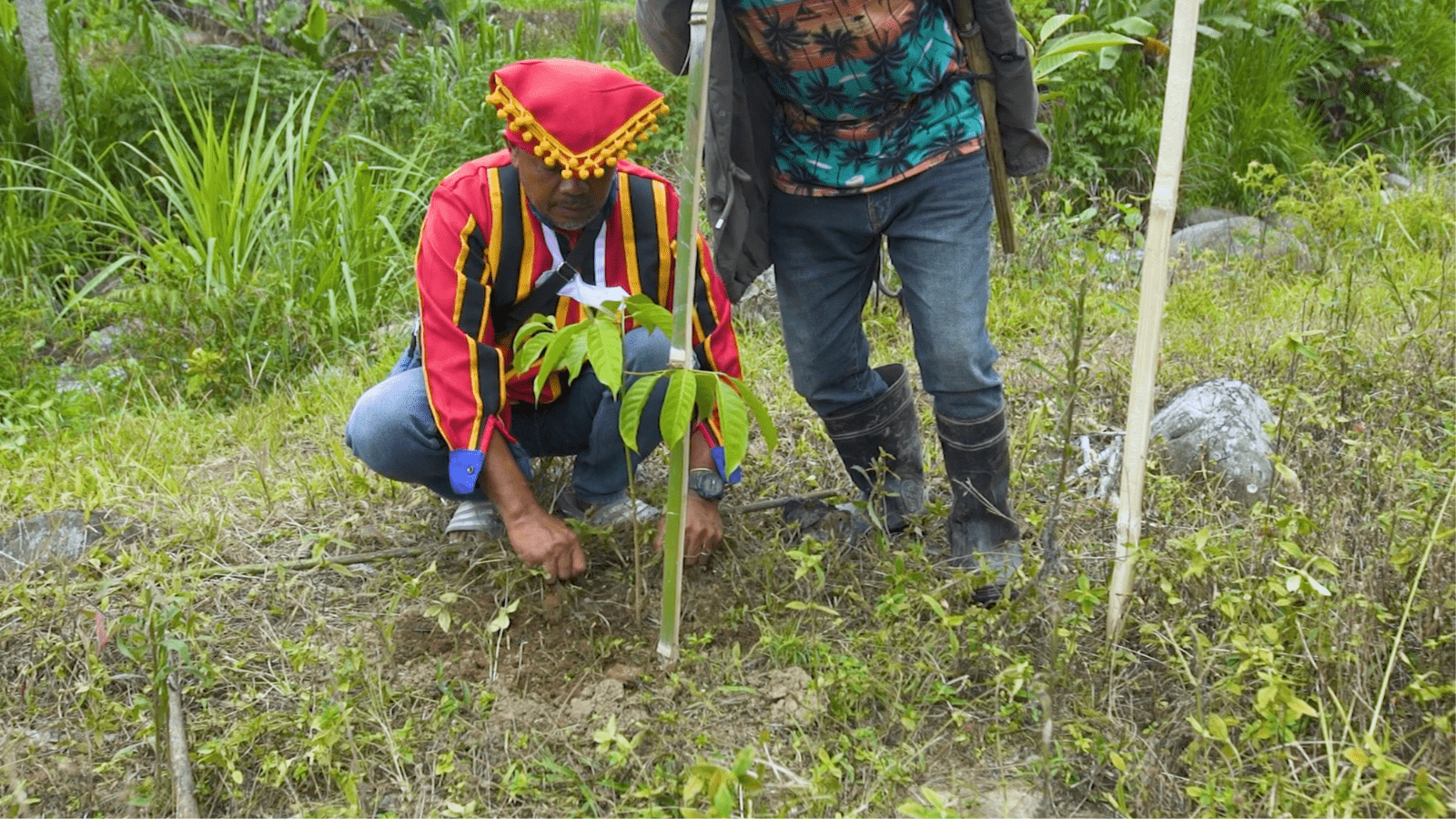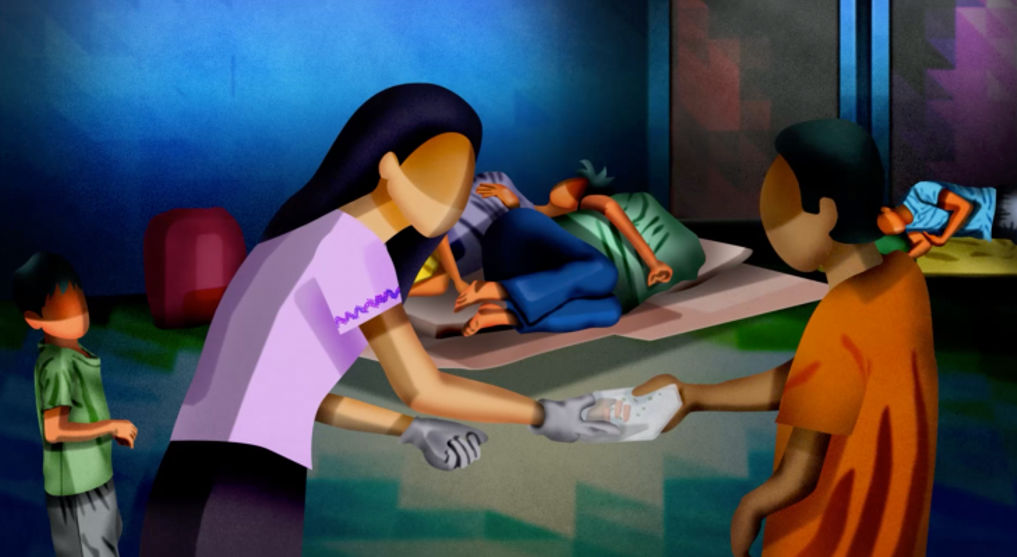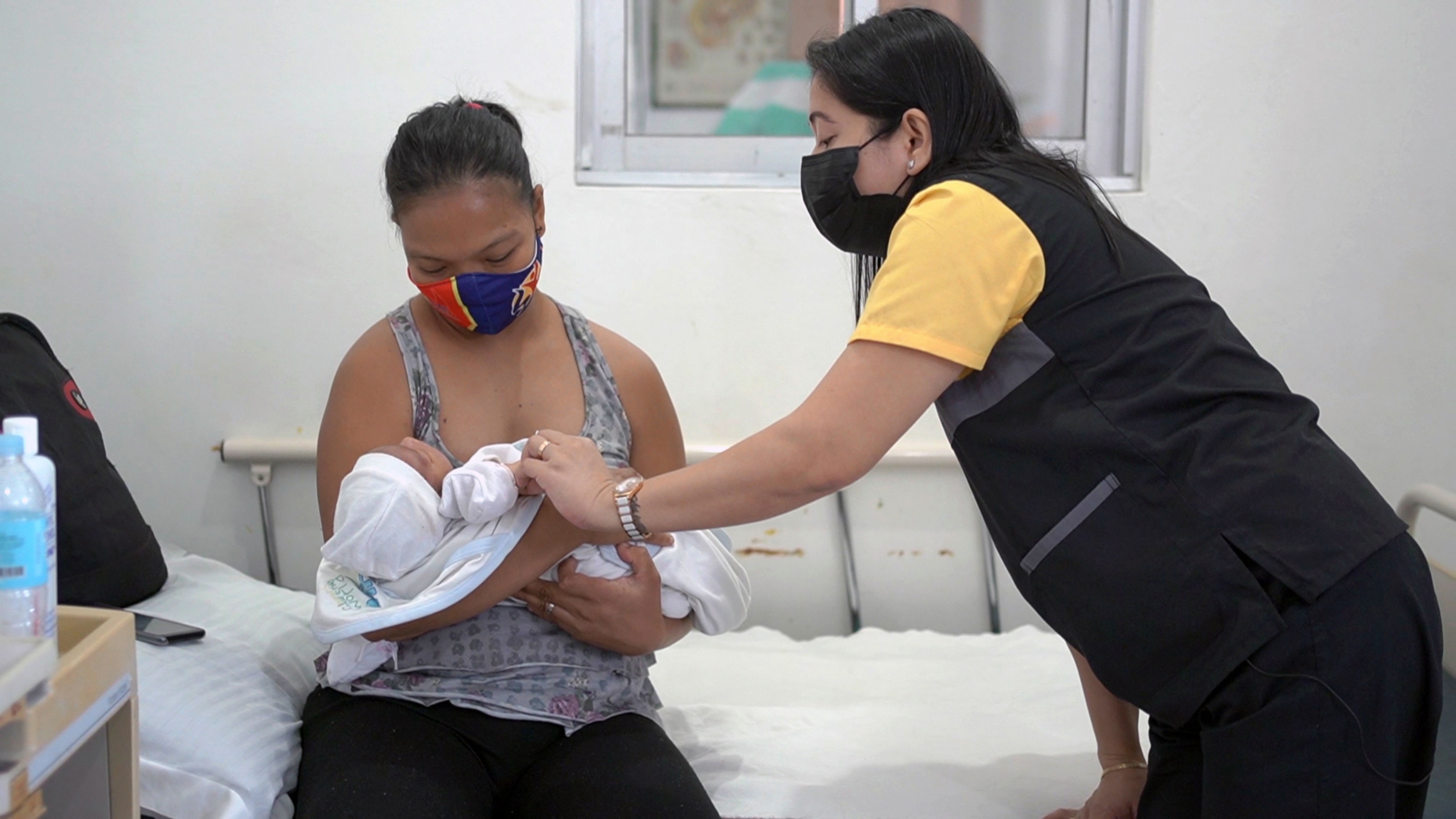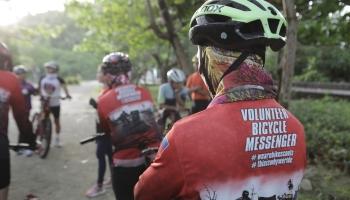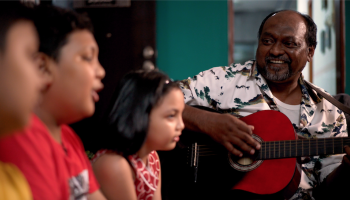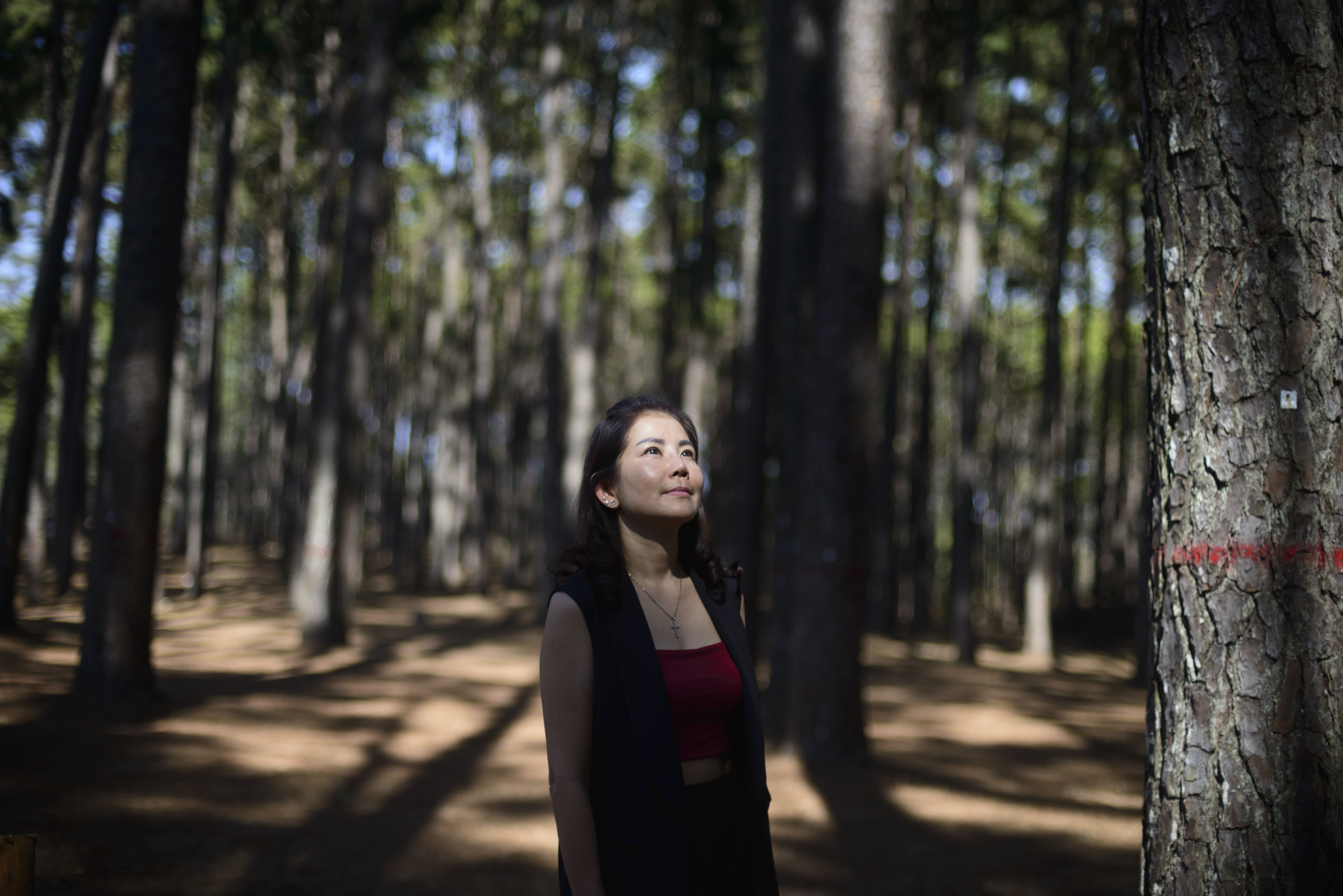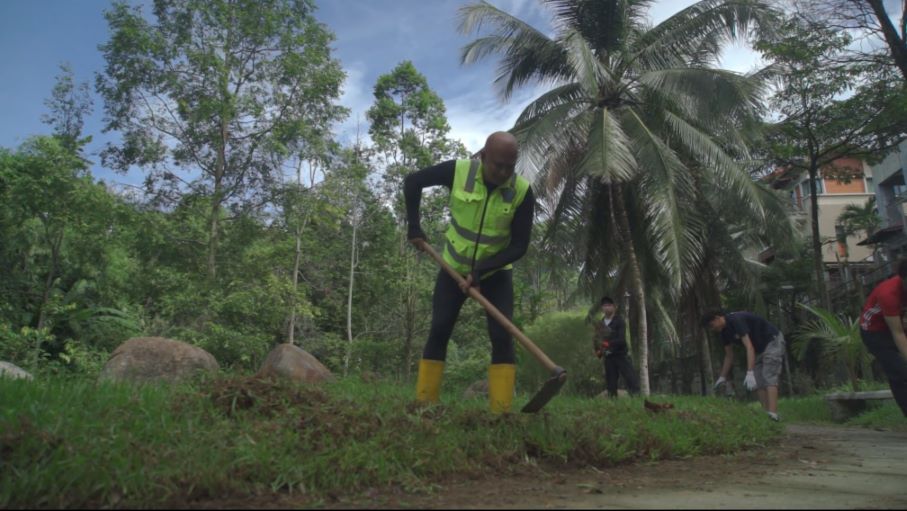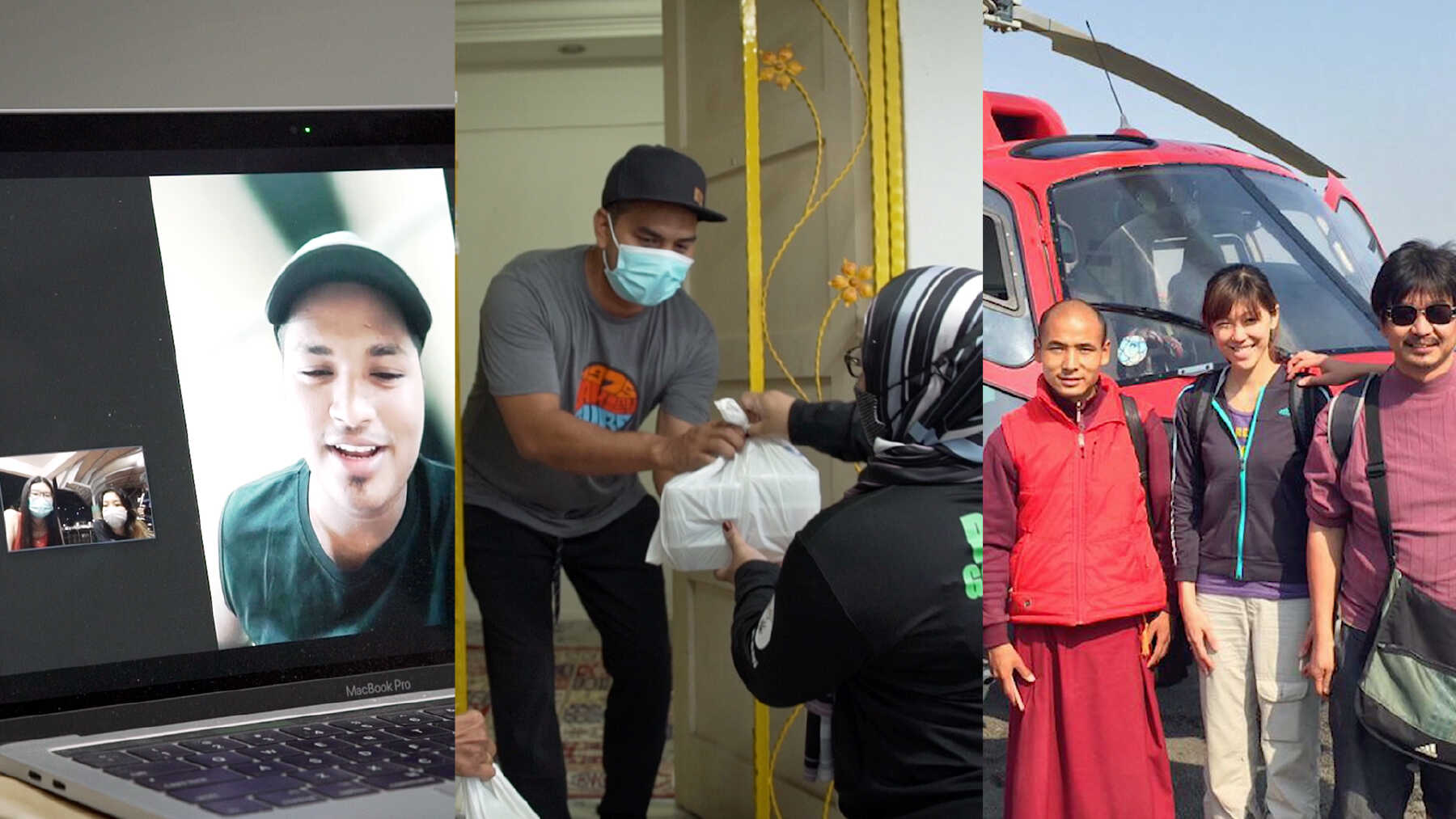Rain or Shine, They Climb Mountains to Feed the Hungry
Nine members of the family, one cup of soup.
Bimboy Soque can still remember the shock, when he realised that the boy to whom he had given a cup of soup, was saving it so he could share it with his family.
“We knew that they hadn’t eaten for the last three days,” recalls Bimboy. “To think that nine people will share just one cup of soup.”
The encounter, taking place during an outreach mission to a remote tribal region, opened his eyes to the harsh lives led by the indigenous people of the Philippines, who are estimated to number around 14 to 17 million.
In 2008, he founded Tribu Ni Bro to carry out outreach missions to tribal regions, with volunteers bringing them food and school supplies.
Typically living in hard-to-reach regions, indigenous people from various tribes are often impoverished and cut off from resources that could better their lives.
Delia Rodriguez, who is from the Dumagat tribe, knows this all too well.
Living in a remote mountainous area in the Bulacan province in the Philippines, she is used to making do without regular meals, electricity, and basic medical care.
“The river overflows when it rains, even a boat can’t cross,” she says. “We can’t even cross the river to buy food.”
Making ends meet is a challenge. “We find it very difficult to compete and communicate with the people in the city because what we only know is planting vegetables and bananas to sell,” says Delia.
Getting to a tribal village like Delia’s can take anything between four hours to four days of trekking through thick forest, fast-moving rivers, and up and down steep mountainsides.
From carrying out trips about twice a month in 2008, Tribu Ni Bro has been able to increase its visits to 45 trips last year, to various provinces in Luzon.
Aside from bringing supplies, the group is also involved in community development, from bringing solar power to villages, to teaching farmers better techniques to improve their yield and make the most of their land.
These initiatives are funded out of volunteers’ pockets and donations from the public. “I’m very thankful that (Tribu Ni Bro) knows many people. And they don’t forget about our place,” says Delia.
“Even though it’s in the mountain, they still continue to climb here. They come here and say, ‘We’re here again’.”
While the tribes benefit from these efforts, the experience is valuable to volunteers too, says Kathrine Mantala, a student and a volunteer.
“We always complain about the things that we can’t have. But when I went there [to volunteer], I saw how happy they [the people ] were with the simple things,” she says. “If (more people) come here, or if they experience this kind of outreach, they will be able to see how lucky they are.”
Find out more about Tribu Ni Bro here, and donate school supplies to help tribal children go to school here.
About Tribu Ni Bro
Contributors
Filmmaker
Executive Producer
Producer & Text



